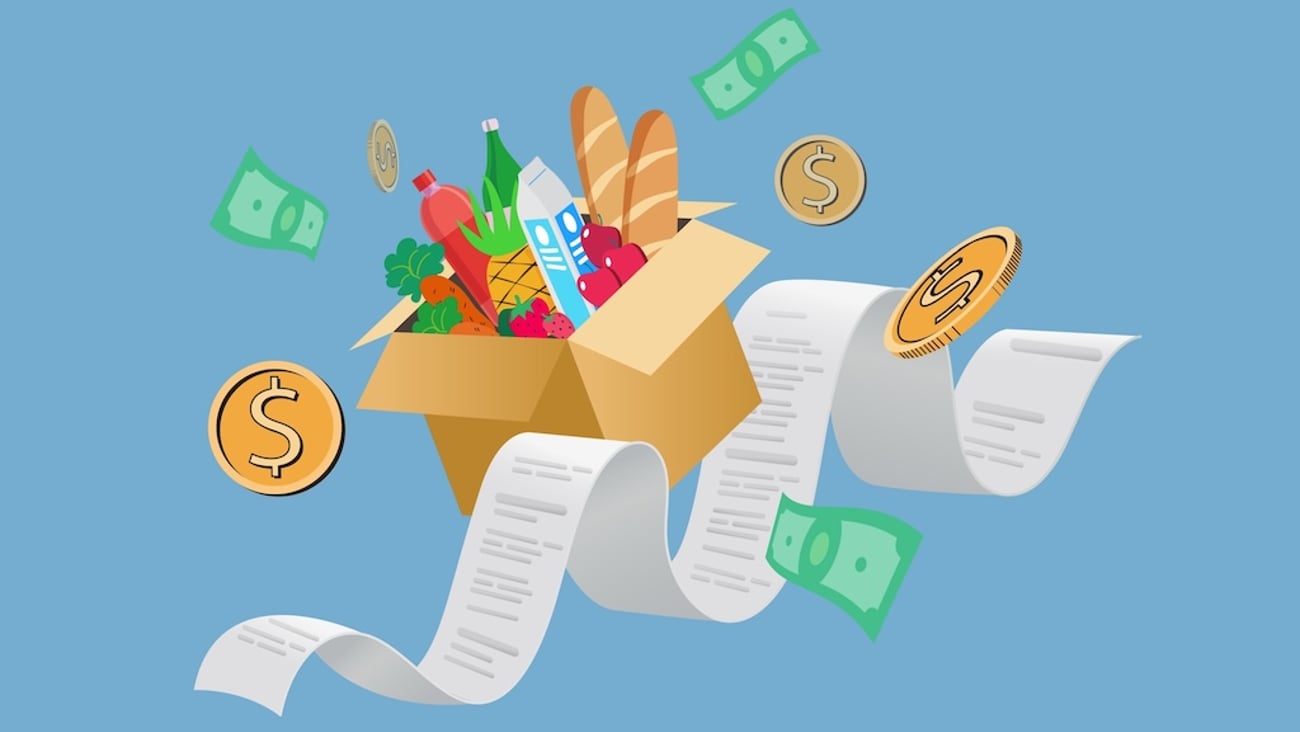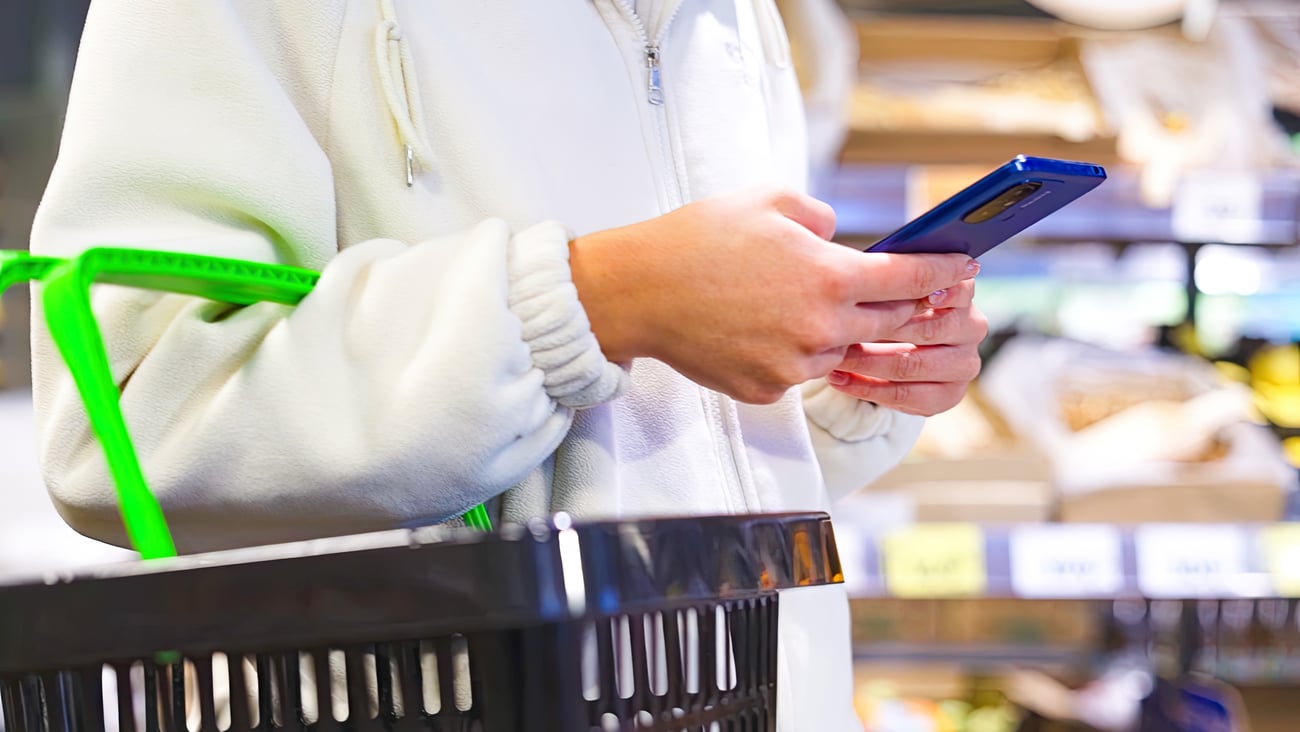From Kyiv to Ottawa: The real war is over resources, not borders
The scene in the Oval Office last week between President Volodymyr Zelensky and President Donald Trump was deeply unsettling. The geopolitical ramifications remain uncertain, but one thing is clear: peace in Eastern Europe may has drifted even further out of reach. For global food security, stability in that region is critical, and the current trajectory suggests an increasingly bleak outlook for Ukraine and its ability to regain economic and agricultural footing.
What has transpired in negotiations between Ukraine and the United States under the new administration should serve as a stark warning to Canada. While the rhetoric surrounding Canada as the so-called "51st state" may be irritating and dismissive, what could unfold in the coming months is far more concerning.
The United States has leveraged Ukraine’s desperate need for support to secure access to its valuable mineral resources, all while using peace as a diplomatic cover. The global community has now witnessed a new form of economic coercion—offering military and financial assistance with explicit expectations of resource control in return. This is not diplomacy; this is a transactional power play. And Canada must take note.
While international leaders have stepped up to defend the sovereignty of nations like Panama and Greenland, Canada has not received the same level of support. Not one global leader has spoken out against President Trump’s recent inflammatory statements about Canada’s status. Even British Prime Minister Keir Starmer, while in Washington this week, avoided commenting on Canada’s sovereignty when directly asked. That silence is telling.
READ: FHCP’s Michael Graydon on tariffs and the path ahead for Canada’s food sector
Canada’s political class has thus far responded to the "51st state" rhetoric with nothing more than performative indignation. The idea that the United States would formally annex Canada is absurd. The U.S. has no need to assume the burden of governing Canada when it can simply extract value from our vast wealth of resources through economic and trade policy.
As Lloyd Axworthy, Canada’s former foreign minister, recently pointed out, a country can exert control over another without outright annexation. This can be achieved through strategic access to three fundamental assets: natural resources, energy, and data. From a food security perspective, these are the pillars of a resilient agri-food sector. Canada is uniquely positioned as a world leader in all three, making it a prime target for foreign influence.
Water, potash, and oil are among Canada’s most valuable resources—resources the United States desperately needs to sustain its economic dominance. However, an often-overlooked asset in this equation is data. Canada’s agri-food sector is undergoing a transformation, with advanced data analytics driving efficiency, sustainability, and resilience. The United States understands that enhanced access to Canada’s agricultural data and biotechnological expertise could propel its own agricultural sector far beyond its current capabilities.
Canadians can worry about symbolic threats of annexation, but the real concern should be the looming economic and geopolitical maneuvering that could compromise our strategic resources. The coming months may bring further challenges, and Canada’s political landscape is poised for change. However, whoever takes the helm must move beyond mere anti-annexation rhetoric and reactionary trade measures. The priority should be safeguarding Canada’s competitive advantages—its resources, energy independence, and agri-food data.
Rejecting American products and boycotting American tourism may offer short-term emotional satisfaction, but such gestures will not shield Canada from a White House that plays geopolitical chess while Ottawa remains stuck playing checkers. The real defense against economic subjugation is a proactive strategy to fortify the industries that make Canada a global leader in food security and sustainability.






